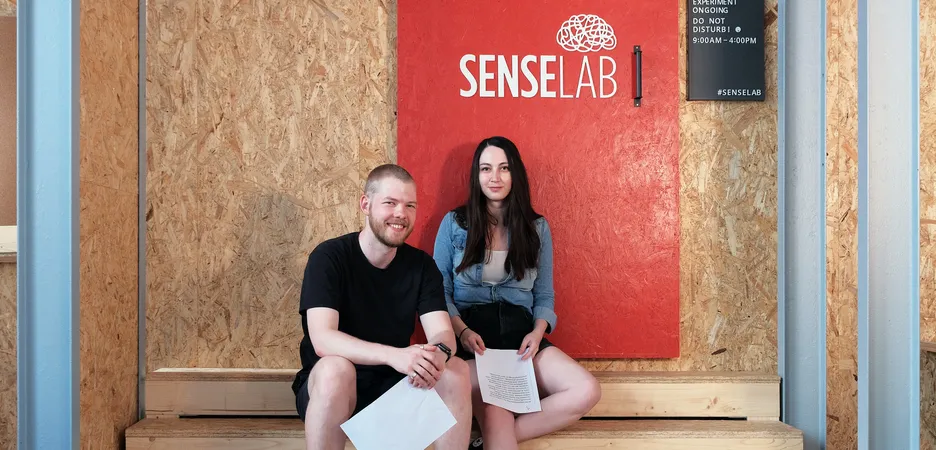
Research group
Bilge Kobas, MSc
TUM-IAS Hans Fischer-GNI PhD Student
Bilge is an architect (Istanbul Technical University, ITU, 2008) with a master's degree in Sustainable Environmental Design (ITU, 2011 & AA, 2013). Her PhD is about developing and testing the methodologies behind the SenseLab. Her ultimate goal is to understand how physiological data can play a role in understanding the impact of thermal environments on the human body. One of her research areas is testing different methods on measuring a variety of physiological data, different experimental design criterion, understanding what to measure, how and when, to start with. She is especially interested in the impact of time on thermal physiology and how it can be key to identify adaptive strategies for the human body together with the built environment.
Sebastian Koth, MSc
PhD Student
Sebastian is an architect (TUM, 2019) with a master's degree on Energy Efficient and Sustainable Building (TUM, 2021). At the SenseLab, his focus is understanding how the physiological-data-driven dynamic heating and cooling scenarios have an impact on energy balance of the building. Additionally, he runs several field experiments focused on adaptive behaviour, particularly regarding clothing factors, to showcase how the standards might be under-estimating the actual range of adaptation.
Amelie Reitmayer, MSc
PhD Student, The University of Queensland, School of Earth and Environmental Sciences
Amelie is an engineer (Augsburg University of Applied Sciences, 2017) focusing on energy-efficient planning and building, and had completed her master's degree on Energy Efficient and Sustainable Building programme at TUM (2020). She is currently a PhD student at the University of Queensland, in collaboration with TUM. Her topic is "Indoor thermal work environment limits and dynamics over longer durations of exposure - Analysis of healthy physiological processes within thermal discomfort". The hypothesis of her PhD project is that a homogenous indoor temperature can have negative health impacts, and that a dynamic thermal indoor environment can help improve health and wellbeing.
Sandra Persiani, PhD
Alexander von Humboldt Postdoc Fellow
Sandra is an Alexander von Humboldt Postdoctoral Researcher in the area of sustainable, adaptive and nature-inspired architecture. Her interdisciplinary work focuses on the development and application of biomimetic and autoreactive technologies in the built environment. Currently she is working on identifying reciprocal relationship between plant and human physiology on the indoor environments. Dr. Persiani holds a PhD in Environmental Design, and the gold medal for Sustainable Architecture Fassa Bortolo XIII. She has previously been a researcher at NTU Singapore, La Sapienza Rome and TU Munich.
Muhamad Hegazy, Eng. PhD.
TUM Global Postdoc Fellow
Muhammad is an architect and researcher with strong research interests in sustainability, building simulation, and interactive immersive environments. His doctoral research in Architectural Engineering (Osaka University, Japan) focused on the assessment and spatial mapping of daylight perception in architectural spaces using virtual reality, as well as the relationship between such perceptions and physically based daylight metrics. Muhamad's research project at TUM focuses on physiological and psychological reactions to daylighting in virtual built environments. This research will contribute to a better understanding of the interdependencies between perception, wellbeing, and daylighting attributes in the built environment.